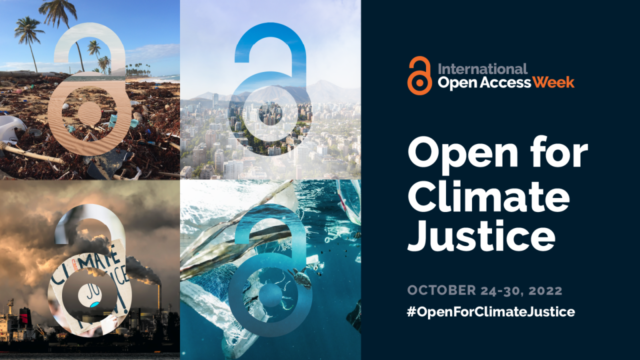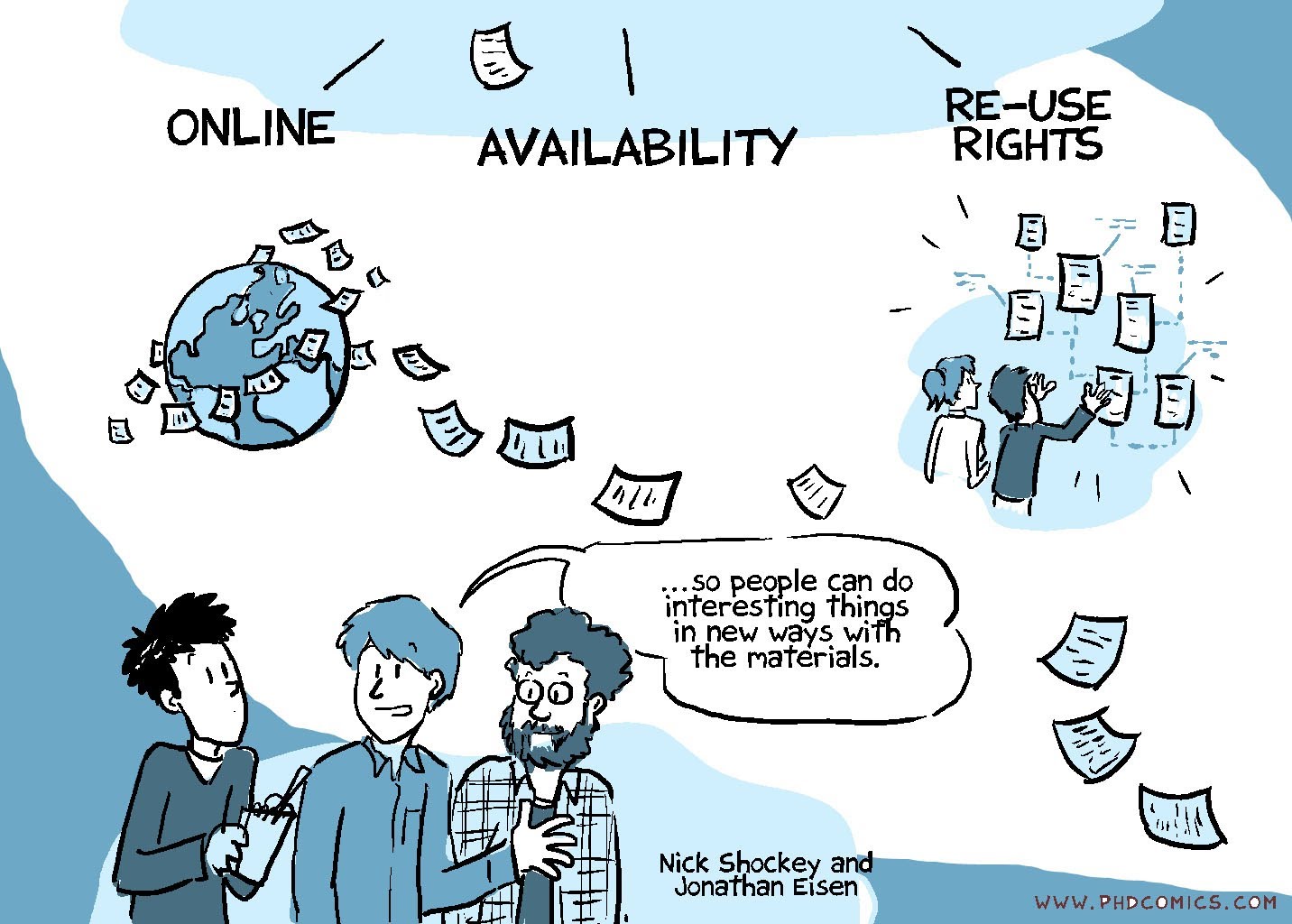
Open access to scholarly knowledge in the digital era (section 5): Infrastructures and platforms
This article introduces section 5 of a series of articles summarising the book Reassembling Scholarly Communications: Histories, Infrastructures, and Global Politics of Open Access.
The fifth section of the series looks at infrastructures and platforms.
5.1 – Infrastructural experiments and the politics of open access
Opening the fifth section, Jonathan Gray explores how scholarly communication infrastructures can be understood not just as neutral vehicles for the dissemination of outputs, but as embodying and enabling different forms of value, meaning, sociality, and participation around research activities. Drawing on a range of recent examples, he looks at how such “infrastructural experiments” can enable and materialize different kinds of collective action, participation, and imagination around who has access, what counts, what matters and how relations are organized.
5.2 – The platformisation of open
It is easy to argue that open access depends upon new technologies and that, as a consequence, a type of technological thinking has made its way into most thinking about open access – at the neglect of community and the social. In their chapter, Penny C. S. Andrews conducts an examination of the ways in which new technological constructions function as platforms, at once enclosing and elevating the scholarship that is platformed. This, though, comes with the dark side of enclosure and totalizing ideas of “platforms” that exhibit negative ideas of “open.”
5.3 – Reading scholarship digitally
As Martin Paul Eve illustrates in his chapter, the digital realm also offers us a solution to a particular problem of proliferation – so long as we can get access. Namely, in an era when there is more published than can possibly ever be read, text and data mining procedures might afford us methods for navigating the vast ocean of scholarship. Exploring initiatives such as The Content Mine led by Peter Murray Rust at Cambridge, this chapter asks what it means to think of scholarship as data.
5.4 – Toward linked open data for Latin America
The infrastructures that would enable such technological advances are not always in place, though. Indeed, on the ground this type of computational initiative requires extensive work in order to implement machine-readable structures. In their chapter, Arianna Becerril García and Eduardo Aguado-López detail the ways in which such infrastructural improvements could result in greater discoverability and integration of South American research cultures within broader global databases.
5.5 – The pasts, presents, and futures of SciELO
Finally for this section, in his chapter, Abel Packer details the history, present, and future of the important SciELO platform in South America. For in many ways, the economic systems by which we are ensnared in the Global North are traps of our own devising. South American countries have pioneered the way in open access and achieved much more than their northern counterparts, as this chapter shows. As the Director of the SciELO project, Packer is uniquely placed to give an informed perspective on one of the longest-standing and most widespread open-access platforms on the planet. He here details the ongoing roadmap that will allow for technical standardization of the SciELO infrastructure and its potential futures.
Next part (chapter 5.1): Infrastructural experiments and the politics of open access.
Article source: This article is an edited summary drawn from the Introduction of the book Reassembling scholarly communications: Histories, infrastructures, and global politics of Open Access1 which has been published by MIT Press under a CC BY 4.0 Creative Commons license.
Article license: This article is published under a CC BY 4.0 Creative Commons license.
Reference:
- Eve, M. P., & Gray, J. (Eds.) (2020). Reassembling scholarly communications: Histories, infrastructures, and global politics of Open Access. MIT Press. ↩





